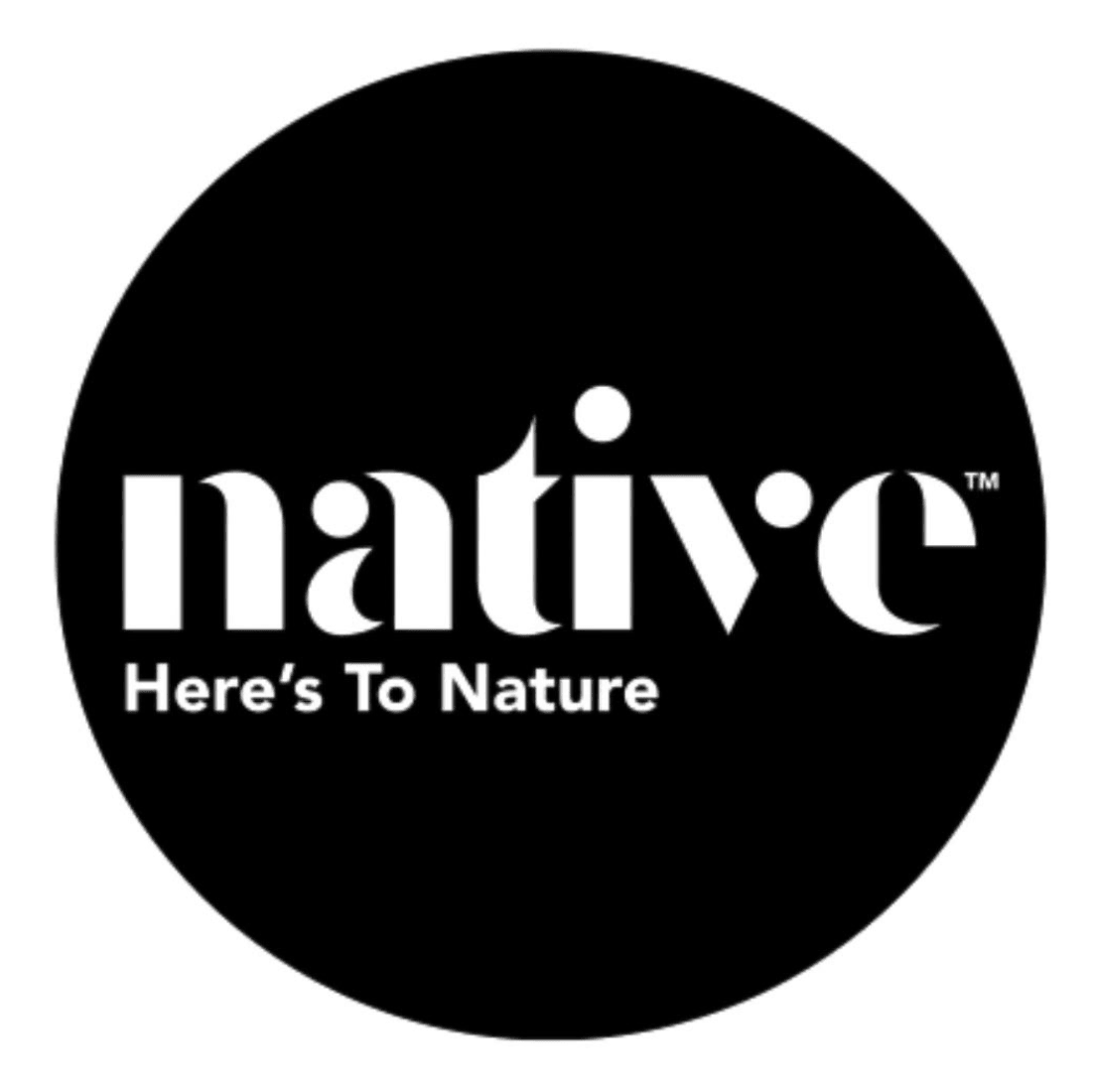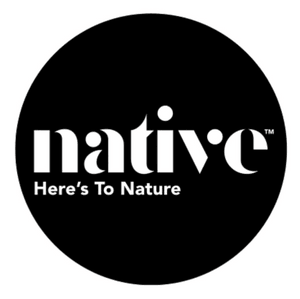As the year crawls to a close, we’re taking some time out – and we’ve prepared a handy reading list for your break too.
So, that was 2022. And as our editor Madeleine Chapman noted in her handy round-up of everything The Spinoff has been up to this year, it’s been a lot. We’ve dealt with everything from omicron outbreaks to parliament protests, and celebrated everything from a history-making Black Ferns side to the country’s very first official national Matariki holiday.
So after all of that, as we’re sure you’ll understand, we’re taking a short break. The Spinoff will be resuming normal service in early January, and for the next few weeks we’ll be serving up a slightly different holiday tasting menu; there’ll be a sprinkling of new pieces, but for the most part we’ll be sharing some of our favourite work from the year that was – the best long reads, the buzziest deep dives, the most crack-up culture cuts and anything else that we think especially warrants another look.
We’d like to send a big, hearty cheers to our partners at Native Sparkling for supporting our summer reads series this year. They’re a locally owned, family-run business with a passion for Aotearoa and its environment – every pack sold supports the planting of native trees to help our native species to recover and thrive. And just as our summer reads are the perfect beachside antidote to a year of non-stop doomscrolling, their range of fruit-flavoured sparkling waters and RTDs has something to suit any palate and every summer occasion.
The summer reads kick off on Christmas day, but if you’d like to get better caught up on where we’ve been this year while you wait, check out all of our individual roundups:
Hold the front page: The Spinoff’s cover stories for 2022
As an online magazine, we’ve never really had a front cover – with help from our friends at Daylight, we imagined what it might look like if we did.
The 10 biggest, baddest and weirdest NZ media stories of 2022
Spinoff founder and CEO Duncan Greive recaps a very strange, very eventful and potentially very portentous year in the Aotearoa media landscape.
Ten days that define 2022 in NZ politics
Pretty quiet year for politics, right? Wrong! In this quick omnibus, editor-at-large Toby Manhire serves up some helpful contextual reminders for your cross-ideological chats around the Christmas dinner table.
A turbulent 2022: The Bulletin World Weekly year in review
Turns out things weren’t much more normal outside of Aotearoa – here our Bulletin World Weekly editor Peter Bale runs down his top stories of the year. Sidebar: if you’d like more of the World Weekly, join The Spinoff Members to get it in your inbox every week.
The 10 weirdest local news stories of 2022
If, after all of that seriousness, your palate is crying out for a cleanse, resident randomness expert Alex Casey has helpfully compiled a run-down of some of her favourite buzzy 2022 yarns – come for the enormous (and contentious) “potato”, stay for the very cute baby changing the entire “how to wear a surgical mask” dialogue.
The Spinoff’s most-read stories of 2022
We’re sure you’ll love these ones, because a lot of people already did. These are the very biggest stories published by The Spinoff this year, covering everything from protests to chocolates and from the All Blacks to furries. Something for everyone!


